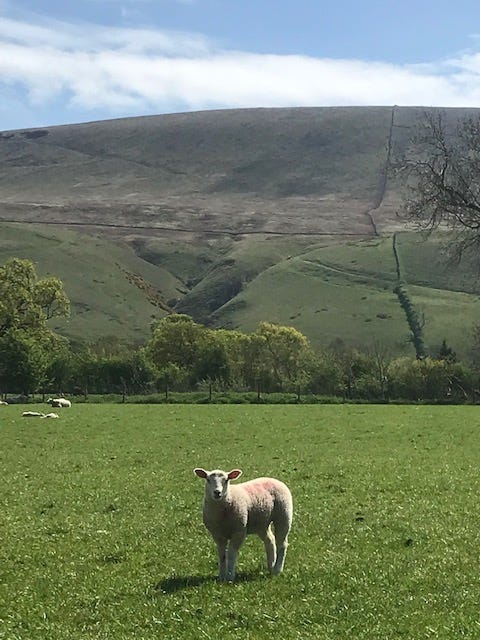At their best, Quaker meetings are places where spiritual vitality is nurtured, where gifts and leadings are discerned and encouraged, and life-giving Quaker practices are shared.
There have been many times in our history when Quaker meetings have been successful in this role, and others when they have become more focused on the needs of the institution than the spiritual vitality of the people.
Spiritual vitality is a growing sensitivity to the needs of others and the beauty and holiness of the world. It is a capacity to hold the pain of grief together with hope in a renewed human community. It is the recognition of our own unique contribution to the healing of the world.
The real challenge facing Quaker meetings now is not to fill roles or maintain property. It is to embody spiritual vitality for the growing number of people who are urgently seeking a living faith community.
Lamorna Ash has recently written about the experiences of people in their 20s and 30s who are turning to Christian communities (including Quakers) in her book Don’t Forget We’re Here Forever. What struck me in her account of conversations with many young adults was the intensity of the spiritual need that was leading them to look for a faith community, sometimes in places that seem likely to be harmful rather than nourishing.
These are young people who are often painfully oppressed by an absence of meaning. They feel the weight of fear and despair about the future and a lack of reliable guides to the purpose and possibilities of life. Some of these young people are inevitably manipulated by controlling faith groups that exploit their vulnerabilities. Others are finding their way to a wide range of faith communities that can offer a more rooted and hopeful perspective, reliable spiritual practices and nurturing and respectful relationships.
Over the last couple of years I have talked to many newcomers of all ages, who have told me about the search for meaning, community and hope that has brought them to explore Quakers. They are coming in growing numbers to Quaker meetings, as well as to other faith communities, because they are in search of something more - an expansion of their capacity to love and to act in the world.
These newcomers offer Quaker meetings a gift and a challenge. They bring the gift of their sincere searching. The challenge is how we will respond. Can we offer them a Quaker community that practises radical openness to the Spirit, where people are nurturing spiritual vitality in themselves and others?
The Religious Society of Friends exists to serve something beyond itself. We are here to embody the divine purpose for a flourishing human community in harmony with creation. This is what the Spirit is constantly prompting and guiding us towards - to become people who are fully alive and who bring life and healing to others.



